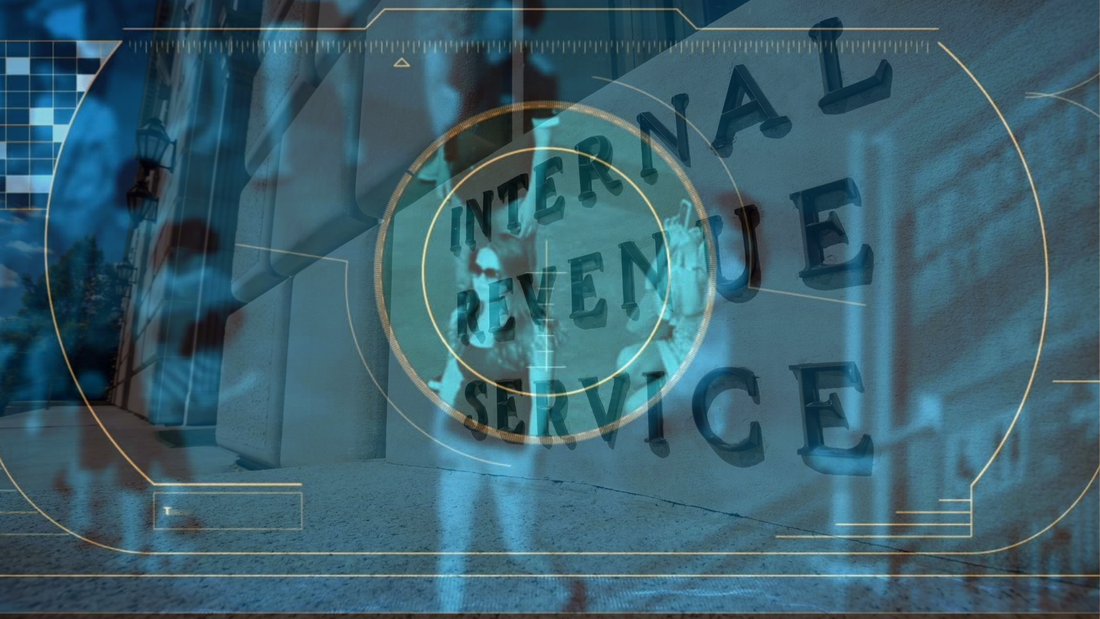|
A lot has been written about a provision of the upcoming Inflation Reduction Act, which will provide an additional $80 billion in funding to the Internal Revenue Service. Most of this funding will go to bolstering enforcement work, meaning more audits.
While this is bad news for millions of taxpayers, and good news for the makers of Tums Antacid Products for Fast Heartburn Relief, the creation of a new army of auditors is bound to significantly warp the already warped privacy landscape in America. Big numbers for new IRS hires have been estimated. A Treasury Department report from May 2021 estimated that the agency would be able to hire roughly 87,000 employees by 2031 with the additional funding, more than doubling the agency’s staff dedicated to enforcing tax laws. But even media defenses of the plan, which have tried to downplay the number, still estimate anywhere between twenty to thirty thousand new employees. At either number, the IRS expansion will undoubtedly expand the capability of the agency to investigate American citizens. Jonah Goldberg put it best recently when he wrote: “Unlike normal law enforcement, the IRS doesn’t require probable cause to investigate you. It can choose people at random or investigate people based on a theory or a hunch—often sanitized by saying it was the algorithm that made the call. Even if you did nothing wrong, the process itself is punishing and often expensive. One of the bedrocks of our constitutional order, most obviously enshrined in the Fourth Amendment, is the idea that citizens should not be subjected to unreasonable searches without probable cause. Stop and frisk was canceled because it was seen as an outrageous and demeaning affront to civil liberties. I’m conflicted on that. But I certainly get the objections, and I would never say, ‘If you did nothing wrong, you have no reason to complain about being frisked.’ Well, an audit is a forensic frisking of virtually everything you did for a year. What did you spend money on? Where did you spend it? How did you get the money? Show us your receipts. Prove you’re not guilty.” Also concerning are the new methods and technologies the IRS could deploy against the whole country. In February, we reported on the bipartisan resistance to the IRS’s plan to implement facial recognition technology. Under this plan, the IRS would require taxpayers to submit to digital facial recognition scans to obtain tax transcripts and other records. The plan was halted amid significant pushback noting the privacy and technological flaws of facial recognition, but not before 7 million Americans surrendered their biometric data to the IRS and a third-party verification company, ID.me. In May, we reported on the Transparency and Accountability in Service Providers Act, a draft bill circulating that would have deputized millions of “financial gatekeepers” into spying on their clients for the federal government. Virtually the entire financial services industry would be required to report any “suspicious” activity to the government. If the Act were to pass, and the 7.6 million employees of the financial services sector were “deputized,” there would be one informer for every 43 Americans. Where there is a will, there is a way. The IRS is already trying to spy on you. With this new funding, the IRS now has a way. Comments are closed.
|
Categories
All
|


 RSS Feed
RSS Feed